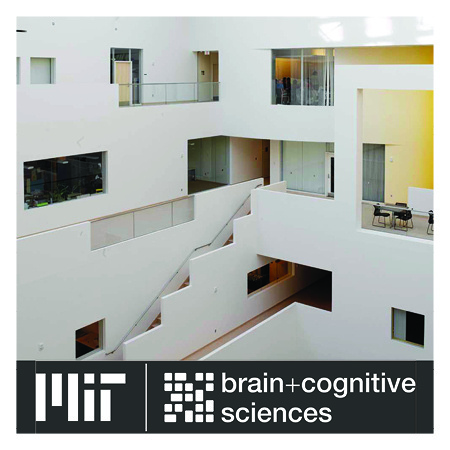
Marie-Sophie van der Goes Thesis Defense: Cortico-thalamic interactions for head direction coding
Description
Time/Date: April 19th at 3 pm
Location: Singleton Auditorium, 46-3002
Zoom: https://mit.zoom.us/j/97028008971 Passcode: 969581
Presenter: Marie-Sophie van der Goes
Thesis Supervisor: Mark T. Harnett, Ph.D.
Abstract: The ability to orient oneself within an environment is critical for spatial navigation and thus for survival and reproductive success. Orienting depends on interactions between multiple brain areas carrying information about head and body movements as well as external sensory cues for reference. To adapt to changing environments and correct for error, head direction (HD) representations must be flexible. However, the circuit mechanisms and dynamics underlying how HD is modulated are largely unknown. Retrosplenial cortex (RSC) is a key region for spatial cognition and exhibits dense interconnection with visual and motor areas, the hippocampal formation, and diverse thalamic nuclei. Of these, the anterodorsal thalamus (ADn) is the major avenue by which HD is routed to cortex. In other cortical areas, cortico-thalamic loops have been shown to perform transformations on incoming sensory inputs for learning and behavior output. In this thesis I test the hypothesis that interactions between RSC and ADn provide a circuit substrate for flexible heading computations. In the first part, I describe experiments using simultaneous tetrode recordings in behaving mice. Through neural decoding, I show that RSC HD representation is synchronous with that of ADn, not only during the visually-guided HD reference update, but also in darkness. This coordination is supported by strong feedforward functional connectivity in the thalamo-cortical direction, suggesting that visually-guided adaptations likely emerge upstream of ADn, where angular velocity is integrated. In the second part, I confirm that ADn is devoid of recurrent excitatory connectivity, contrary to previously proposed attractor network architectures. My results suggest that inhibition, originating in thalamic reticular nucleus, likely plays a fundamental role in the control of ADn HD. Finally, I provide evidence, at the single cell level, of how long-range synaptic inputs are functionally targeted to specific dendritic domains in RSC. I speculate that this connectivity logic, together with different dendritic integration rules, may underlie high-dimensional tuning and combine visual and thalamic HD to represent global HD references. Altogether, this work suggests that ADn-RSC interactions alone cannot account for flexible HD coding, but are embedded in a network that constructs this spatial cognitive representation through transformation of multiple sensory signals.

